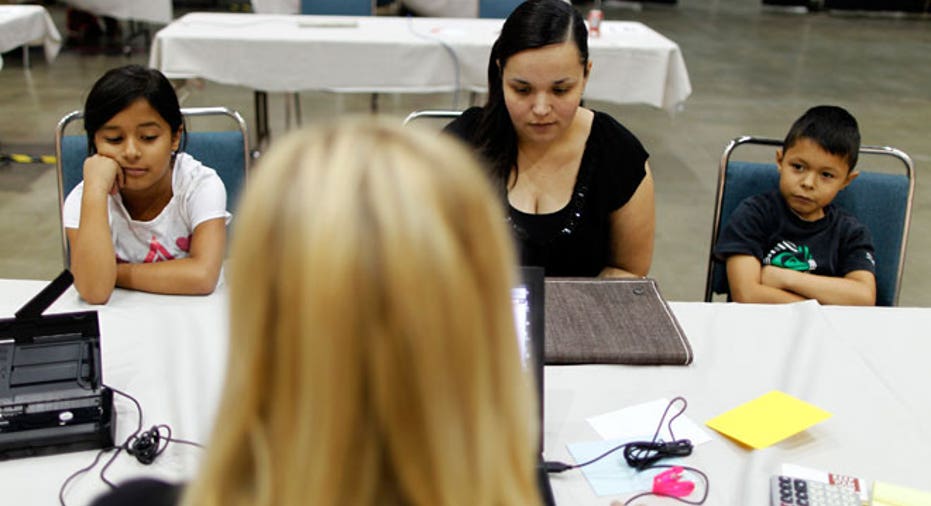What Can--and Can't--Be Negotiated in the Mortgage Process

When it comes to finding the best mortgage, it can pay to shop around.
“Many times consumers take the fir st deal offered to them,” says Doug Lebda, founder and chief executive of LendingTree. “They don’t realize shopping around and negotiating are the ways to get the best deal.”
Home buyers can expect a lot of fixed fees and costs associated with getting a mortgage like the appraisal and running a credit report, but outside of those third-party fees, there is some room wiggle room to negotiate.
“You can’t negotiate fees from the lender, but sometimes you can get the mortgage broker to waive the application fee or the processing fee,” says Patti Frank, vice president at Americana Mortgage. “Banks have to be equal to everybody. They can’t give this guy a break on certain fees and not the other guy.” While getting a mortgage broker to waive the application fee or processing fee may seem miniscule—every little bit helps. According to Frank, both fees can cost anywhere from $200 to $500.
For buyers worried about the amount of money needed at closing, they can reduce costs if they find a bank that isn’t escrowing real estate taxes and homeowners insurance, suggests Frank. Often lenders will escrow six months of real estate taxes and three to four months of home owners insurance premiums, which could add up to a large sum on top of all the other costs.
Buyers can also reduce their costs by paying attention to the markets, particularly the yield on the 10- year Treasury bond, according to Steve Boyd, senior loan officer at Americana Mortgage Group. If the bond yield drops 15 basis points, he says chances are the borrower will be able to lock in a one-eighth better rate on their loan. “A lot of loan officers aren’t watching that closely,” says Boyd. “That can be a significant amount of money.”
Another area to save in the home-buying process is with attorney fees. Attorneys charge differently: some bill by the hour while others offer a flat fee. Because the prices can vary, mortgage experts recommend calling several lawyers and getting their rates and what’s included before deciding on who to work with at closing.
According to Lebda, the total closing costs should be less than 3% to 5% of the purchase price--anything above that may mean the borrower is over paying.
The experts admit negotiating a mortgage is easier said than done because the terms can be so complex and overwhelming for the borrower.
To start, Lebda suggests borrowers ask a variety of lenders for a good faith estimate to find the best rate. A good faith estimate will lay out all the costs associated with the mortgage and the buyers should review each estimate line by line and see what can be negotiated. Lebda says the following fees are areas of negotiation: service, processing, underwriting, document and even currier charges. “Most consumers are intimated and feel they are at an information disadvantage,” he says. “If you talk to multiple lenders you can get the best loan for you.”



















